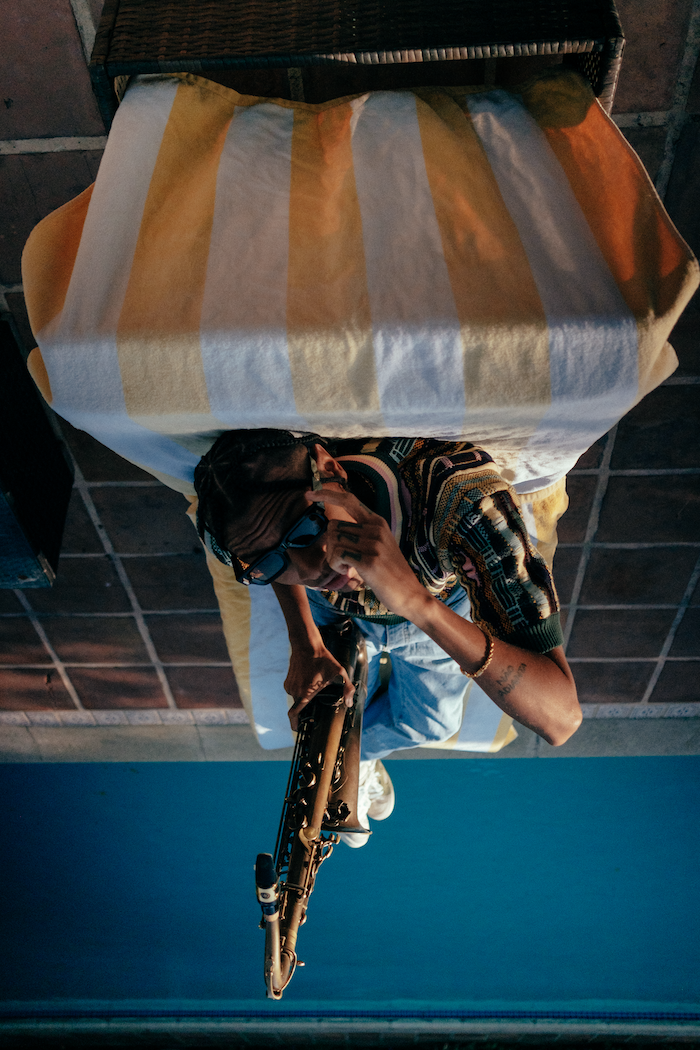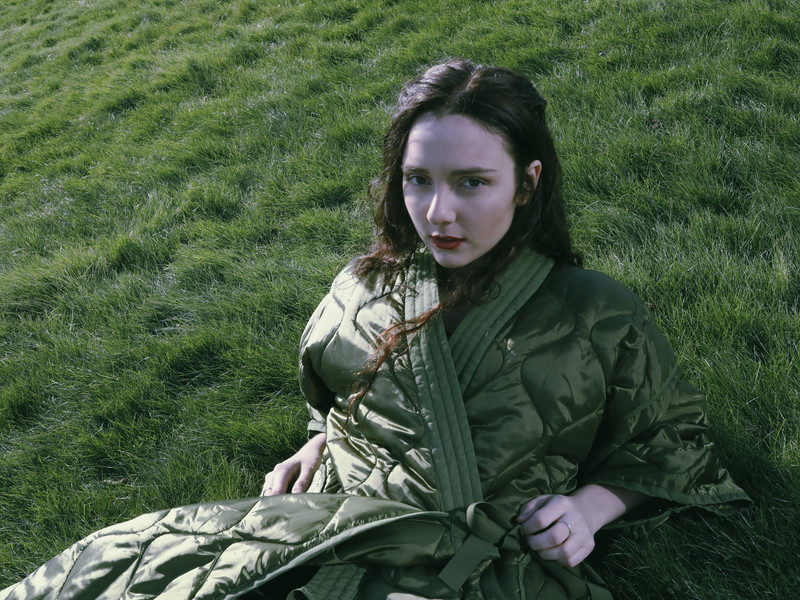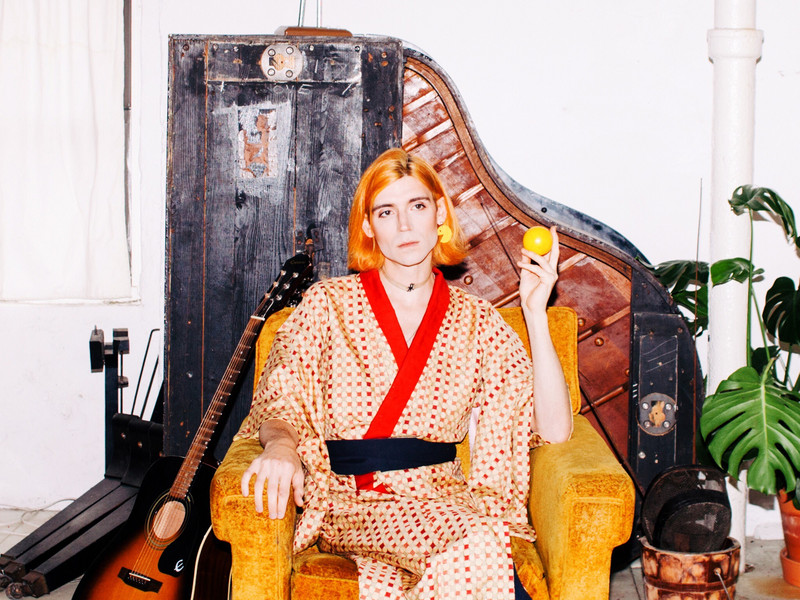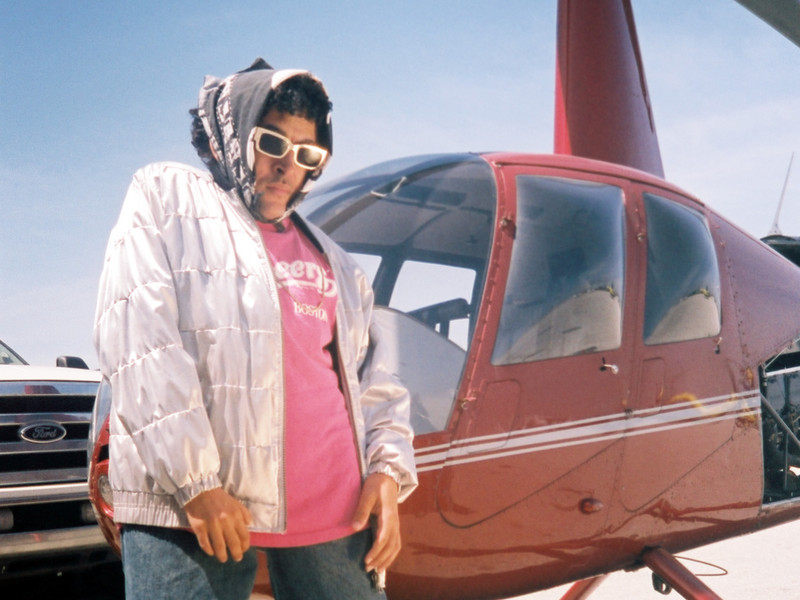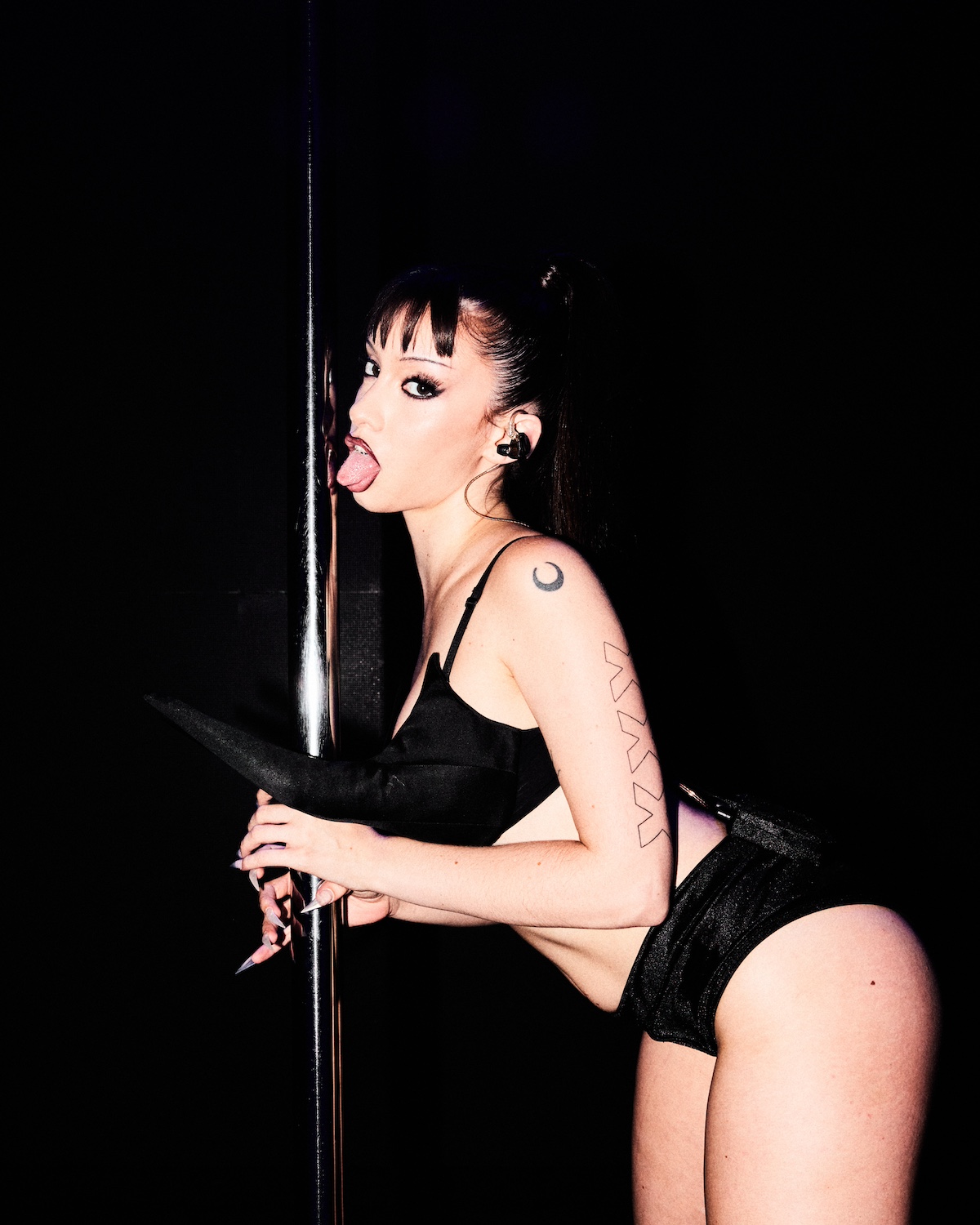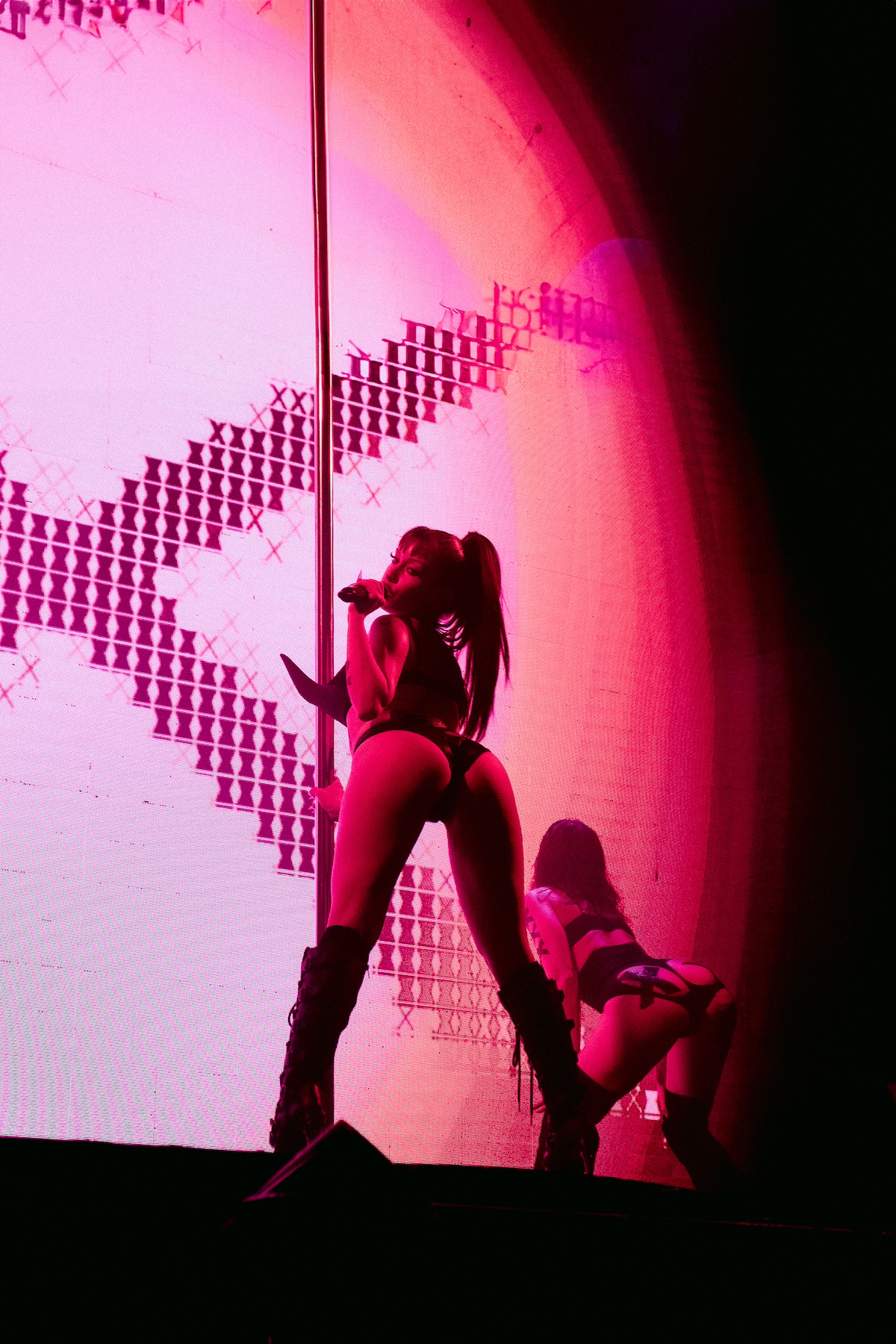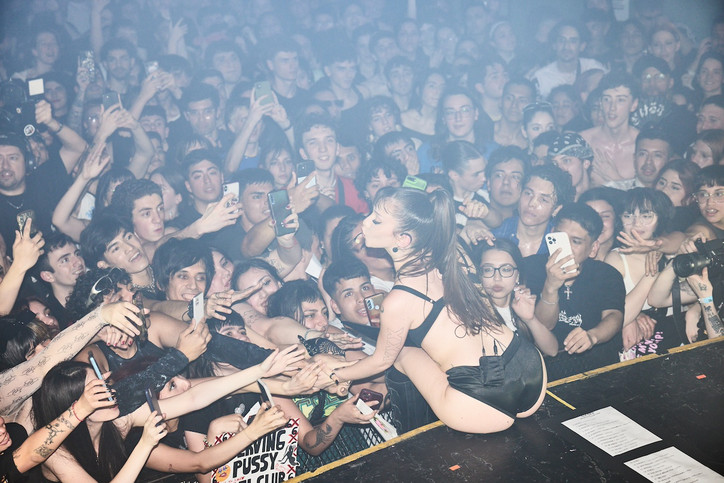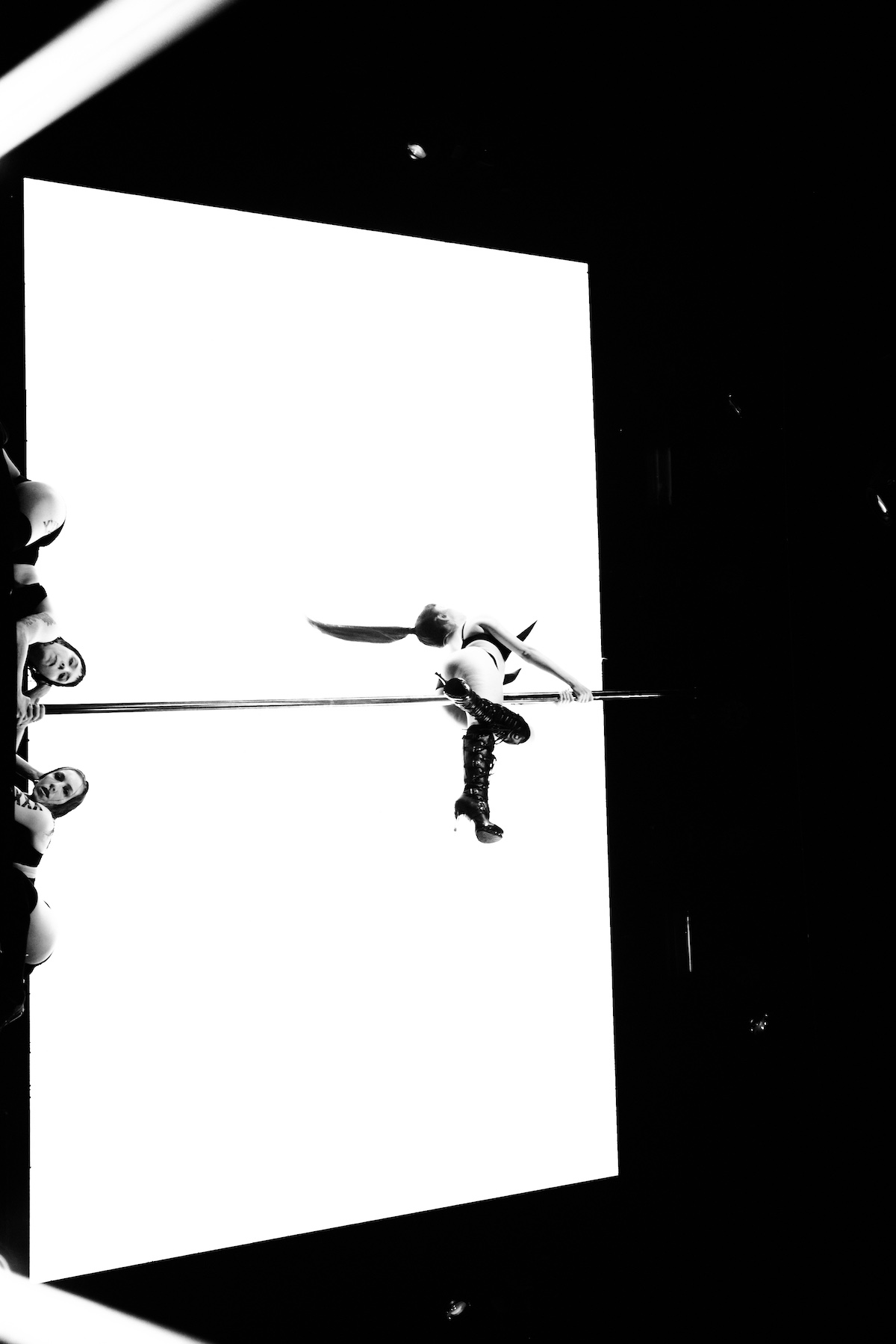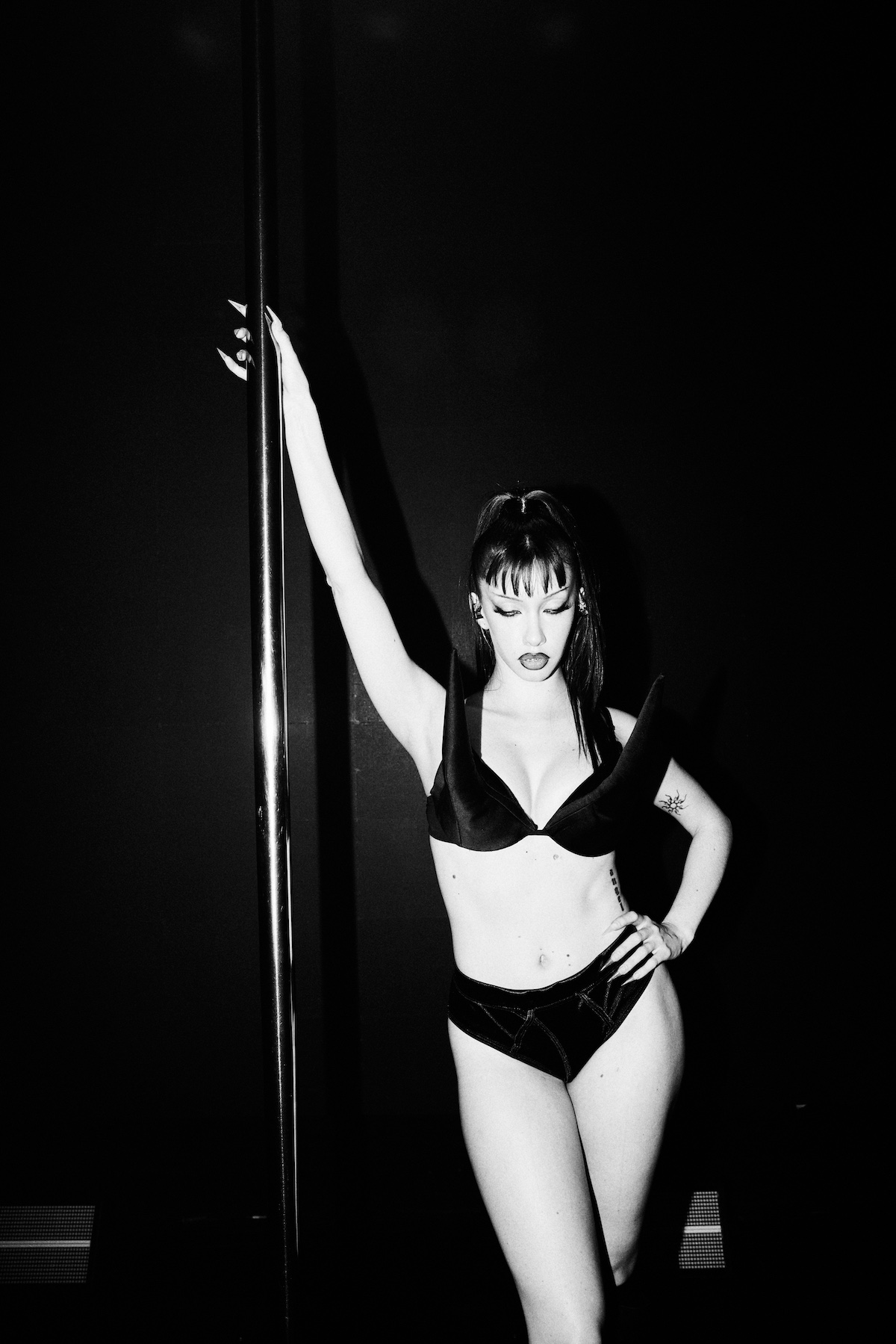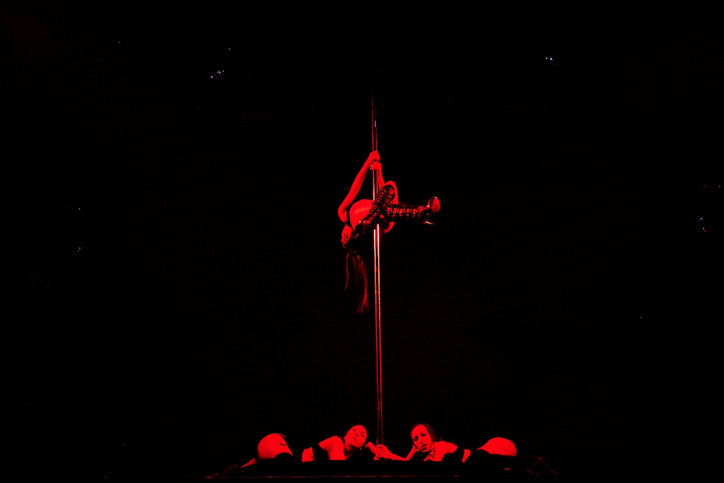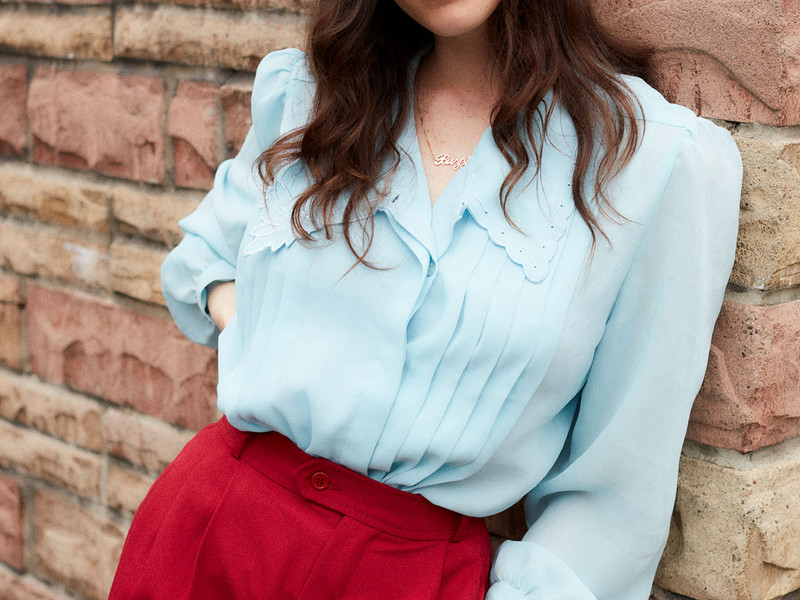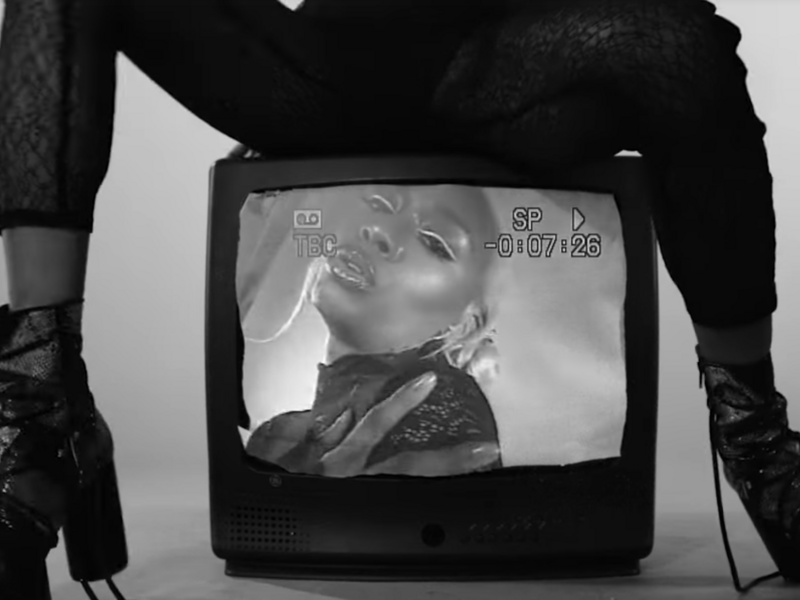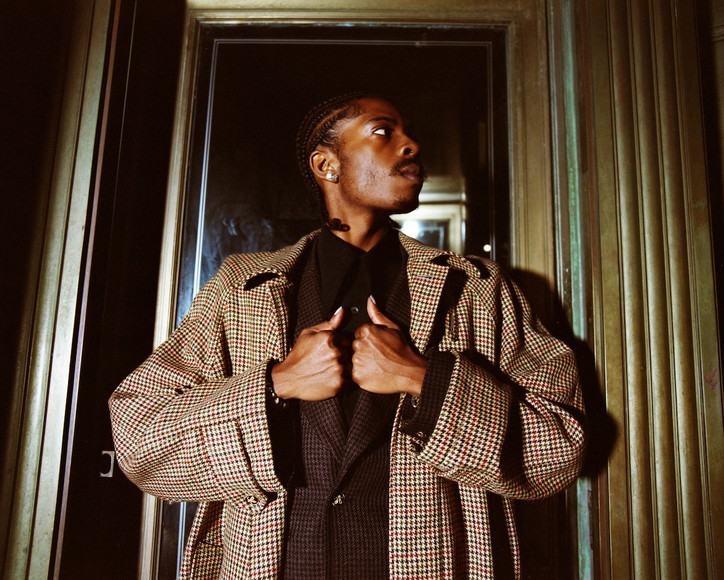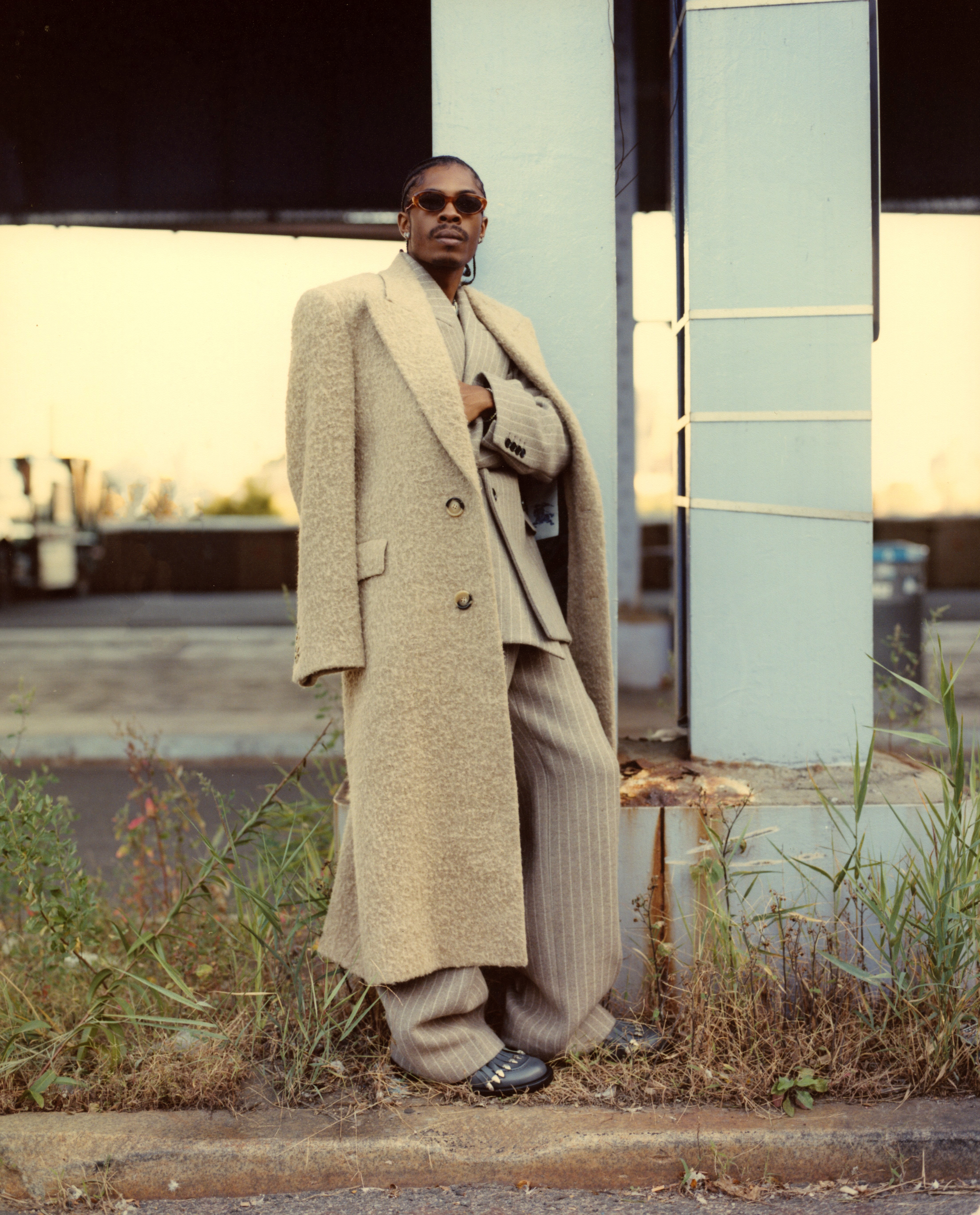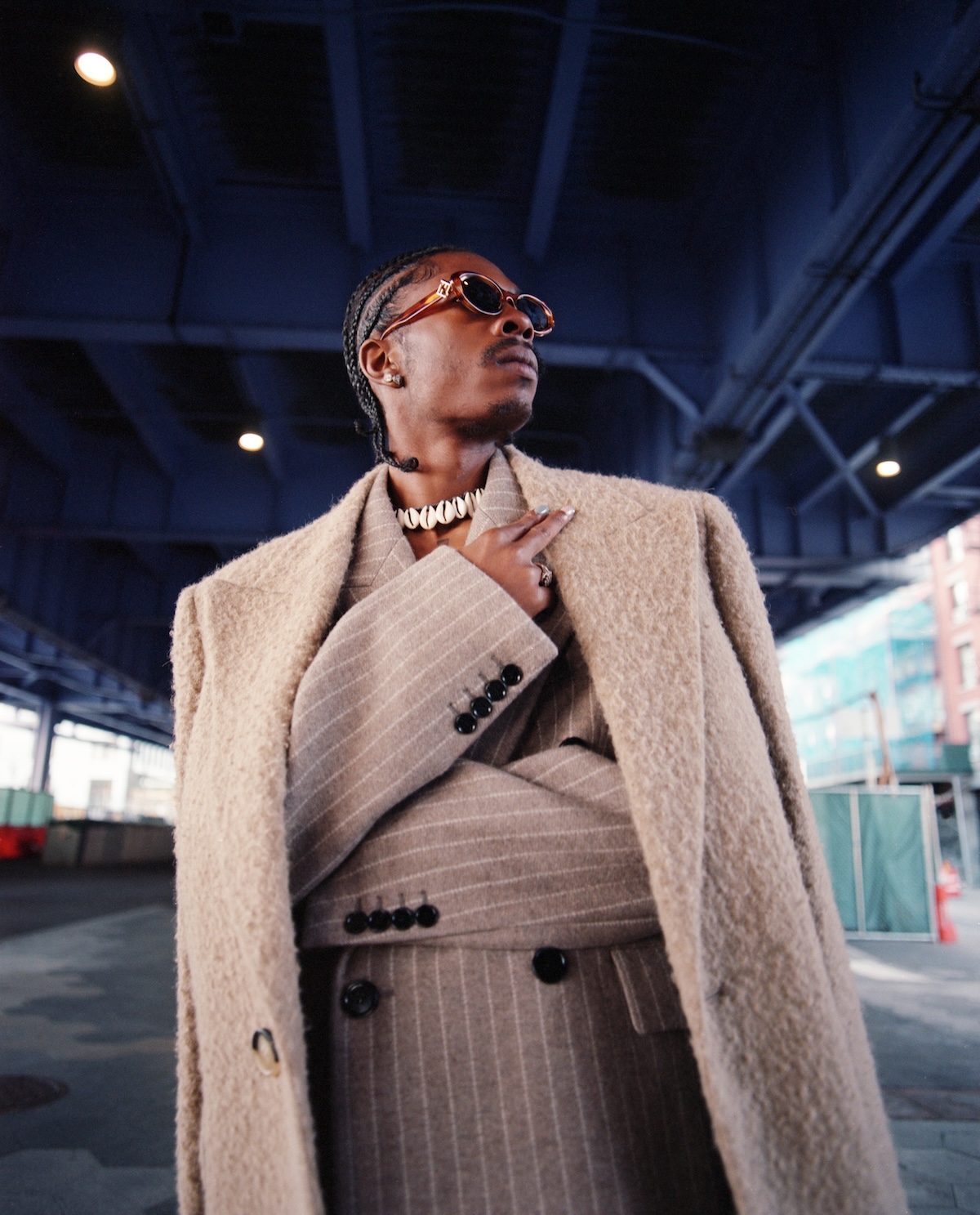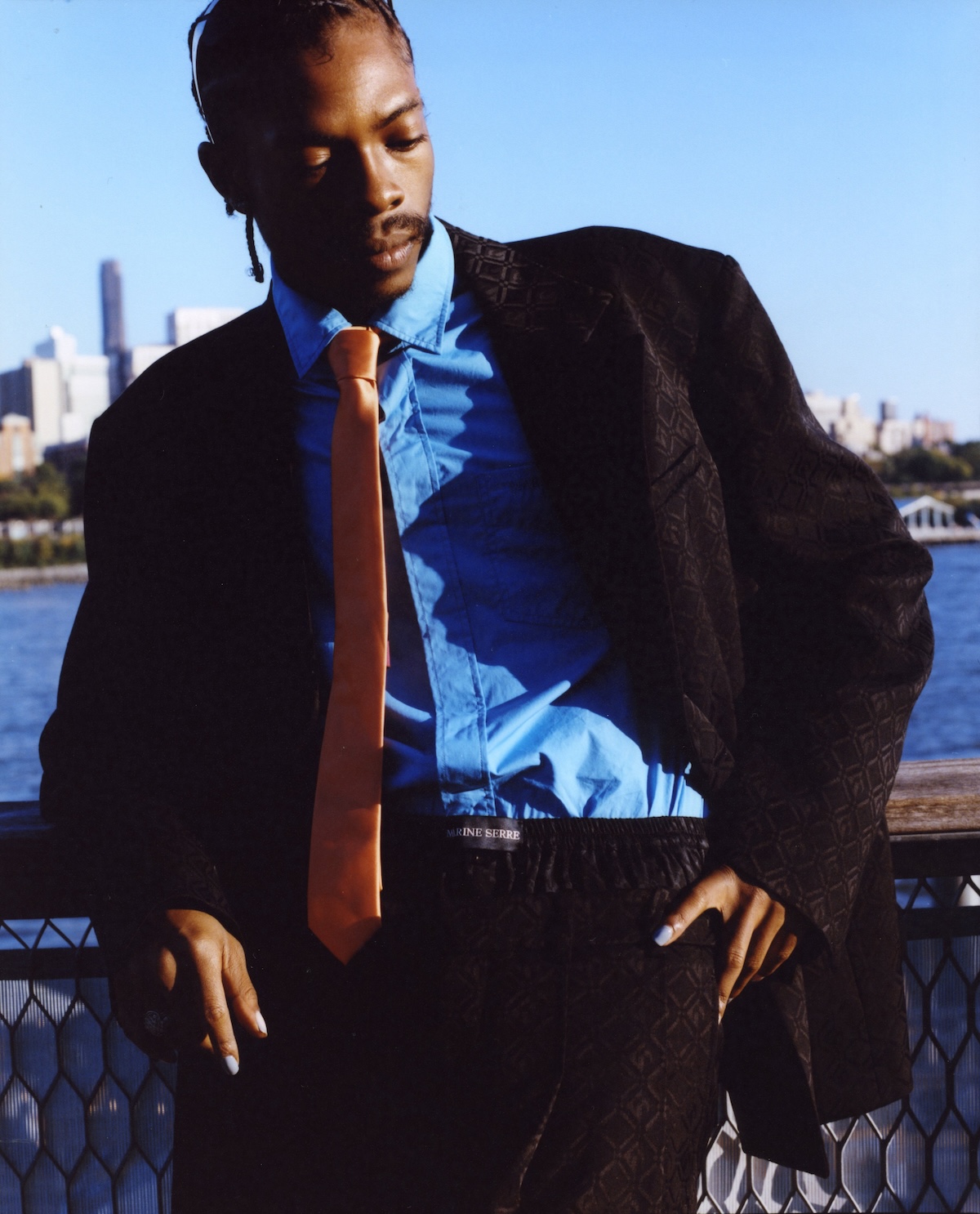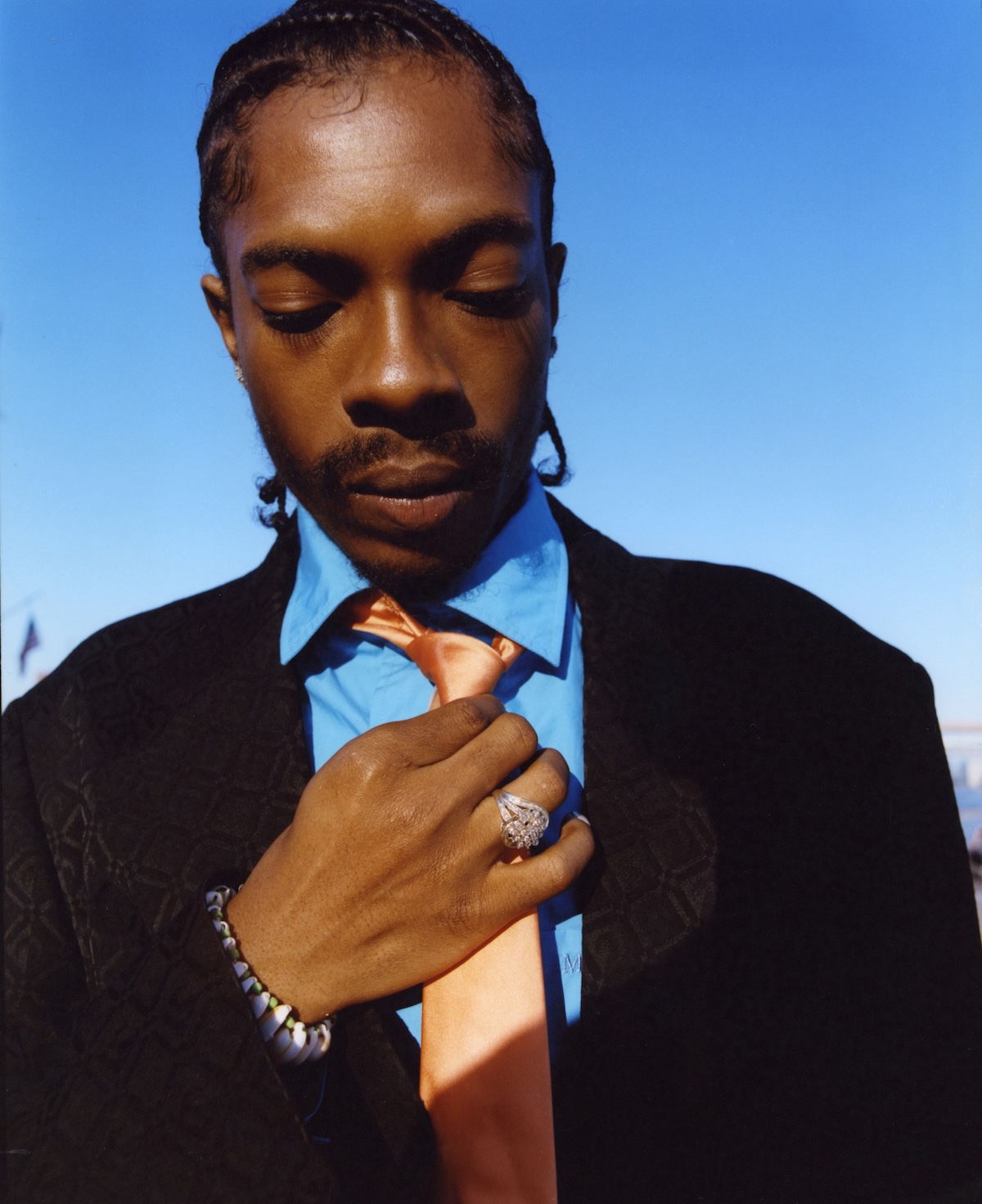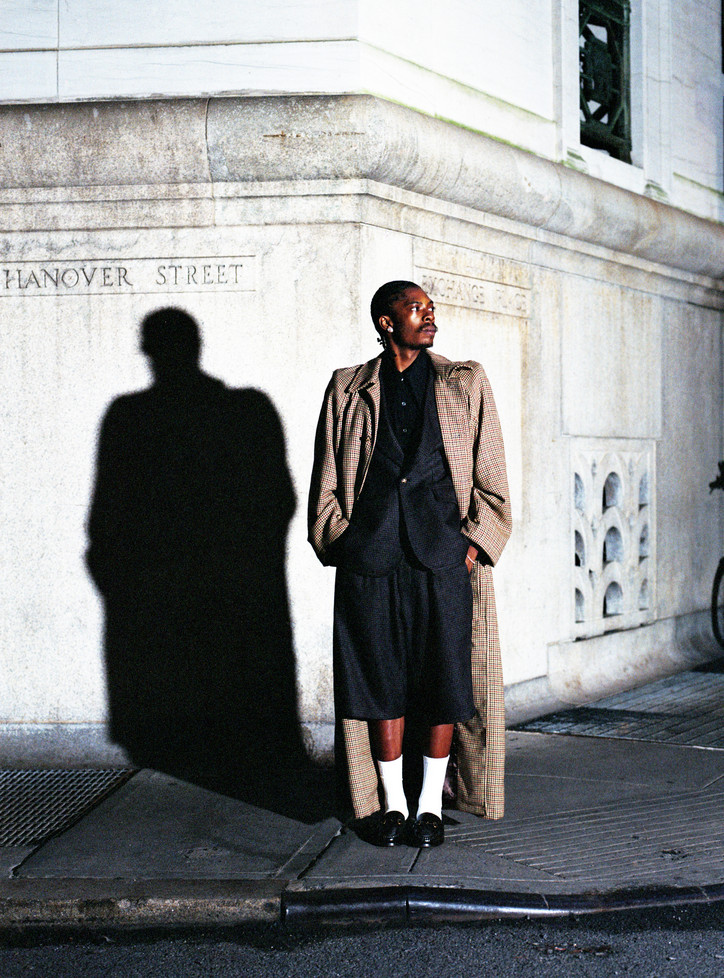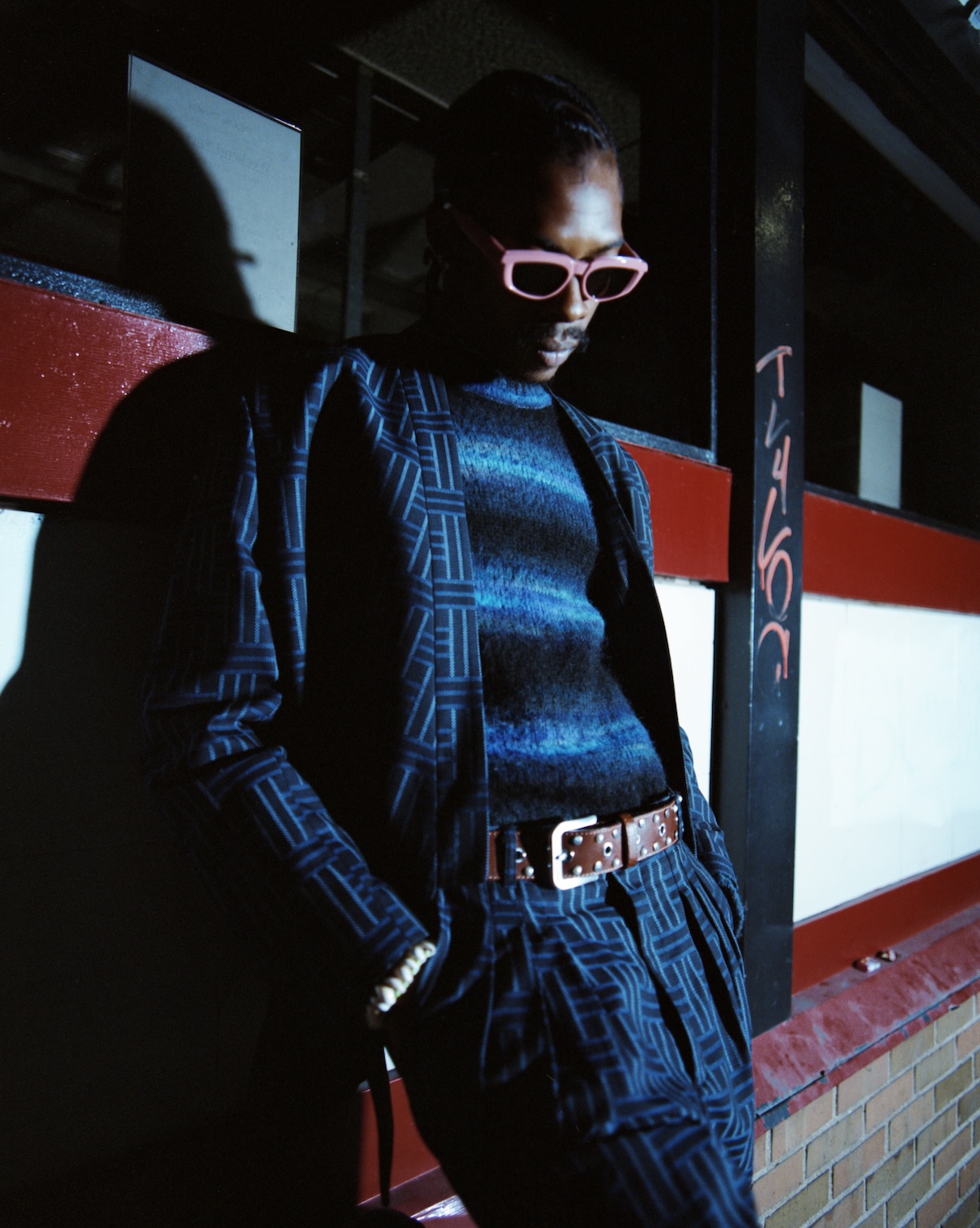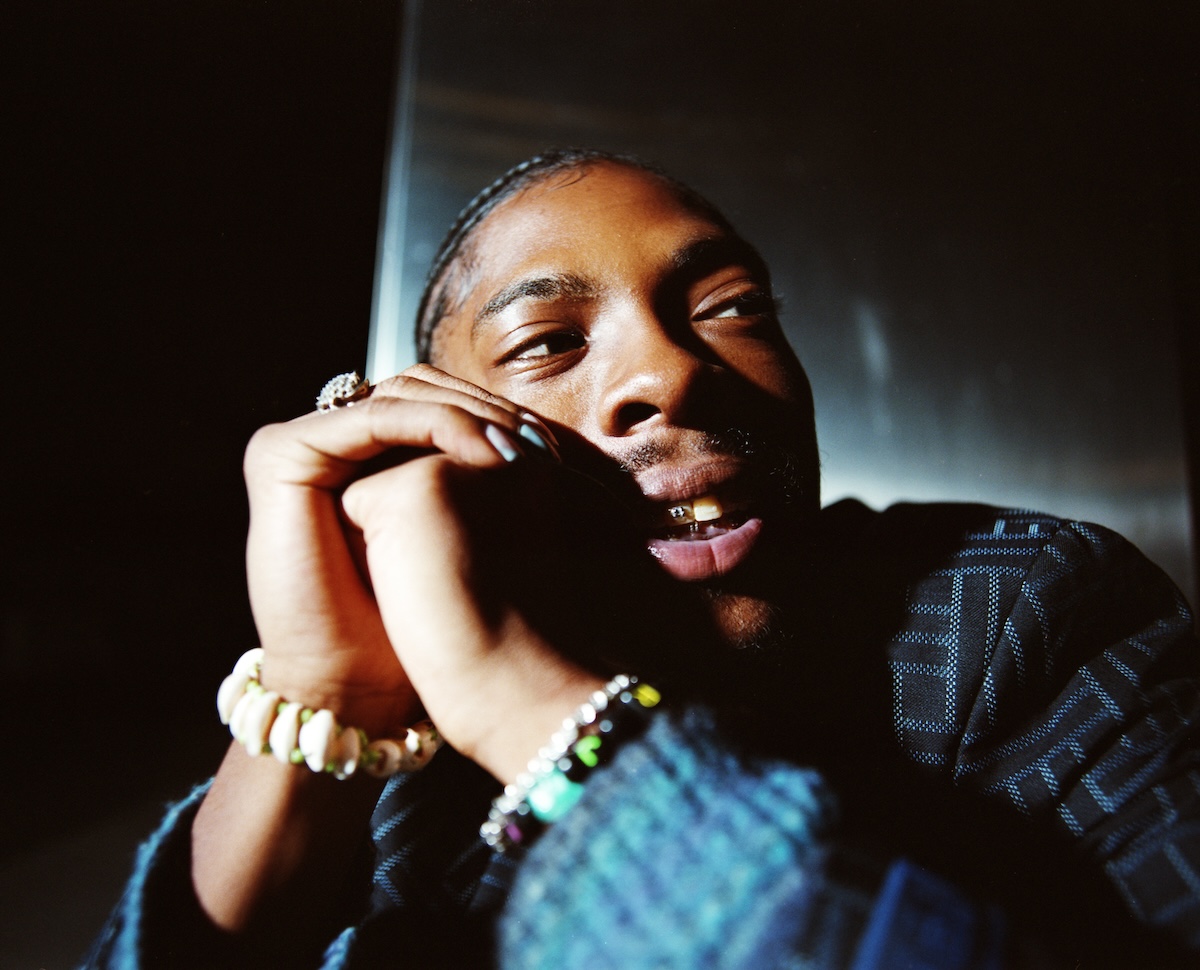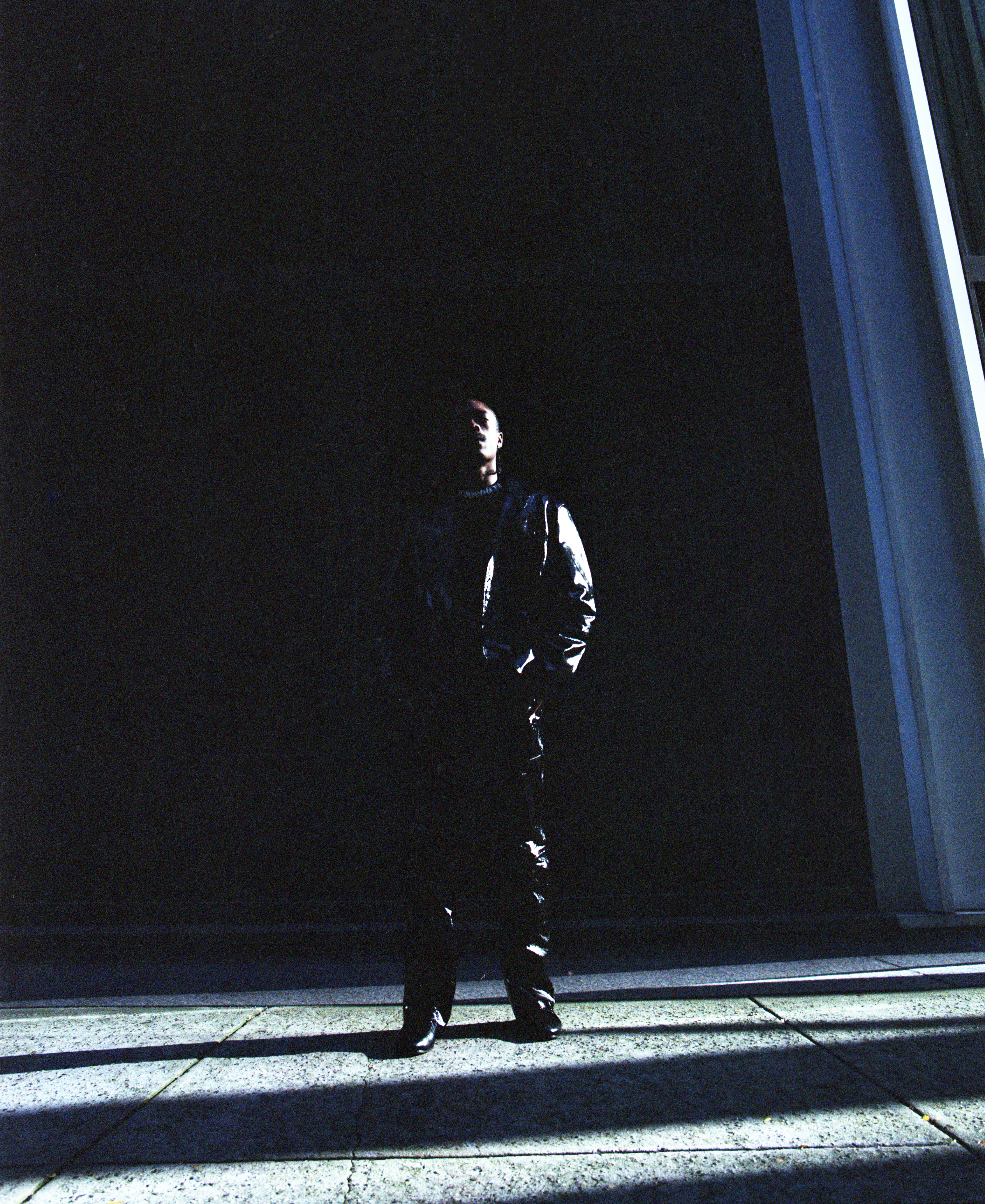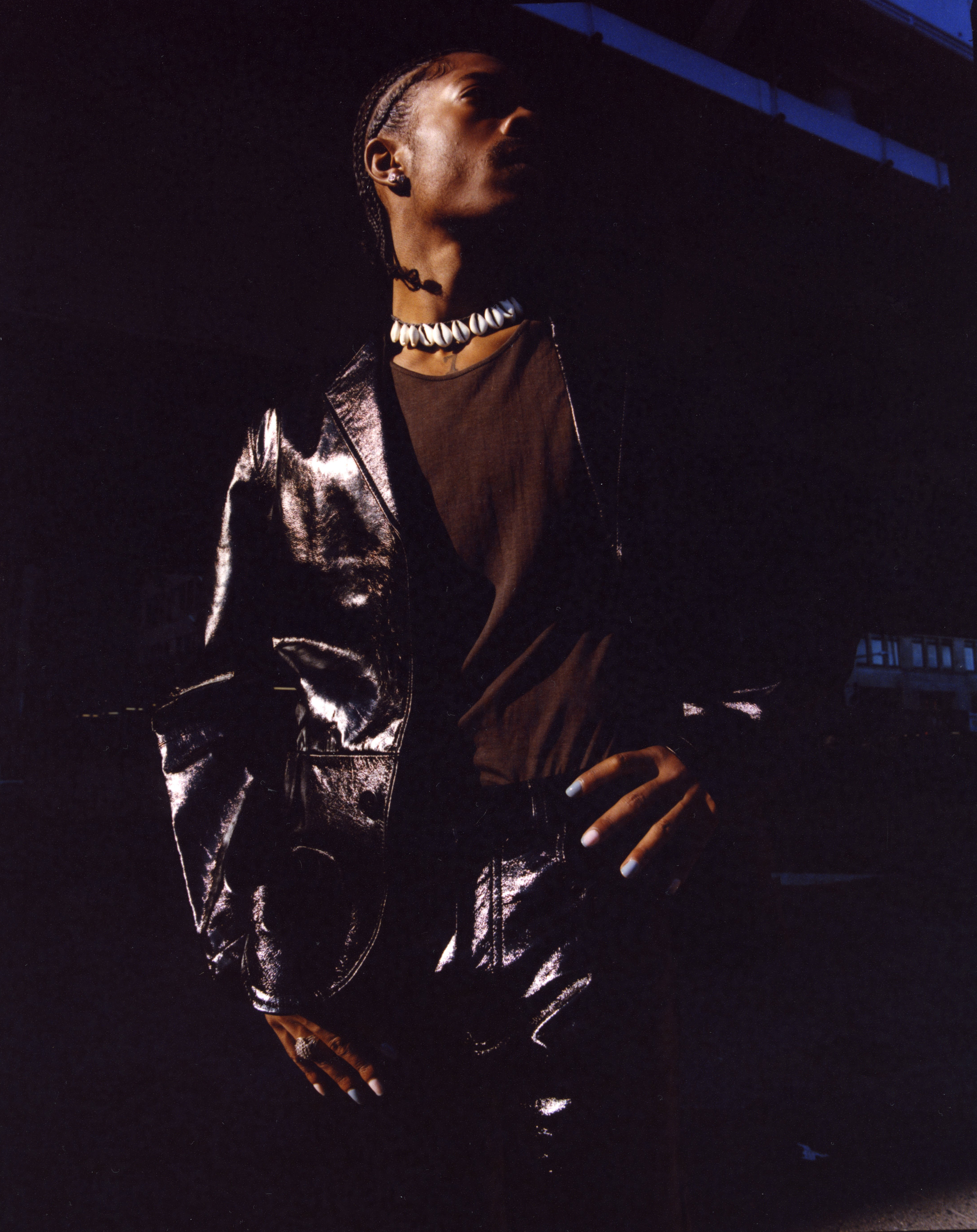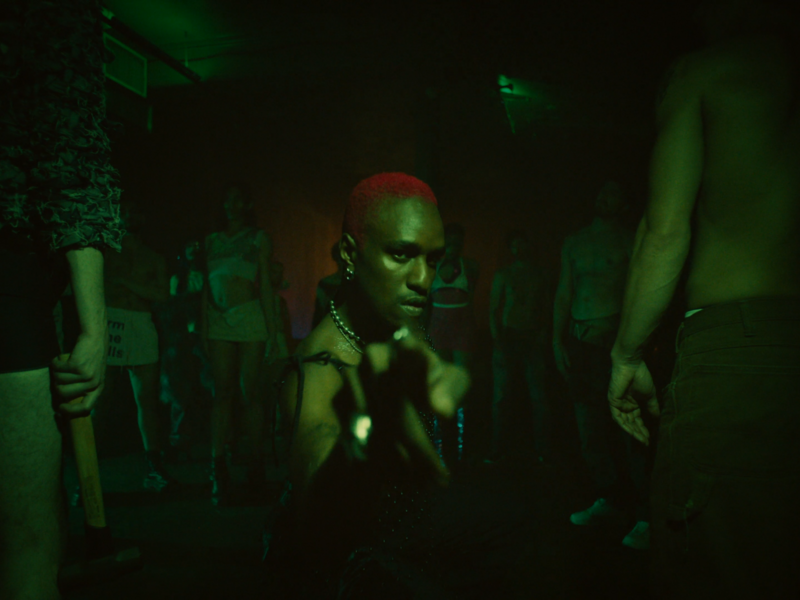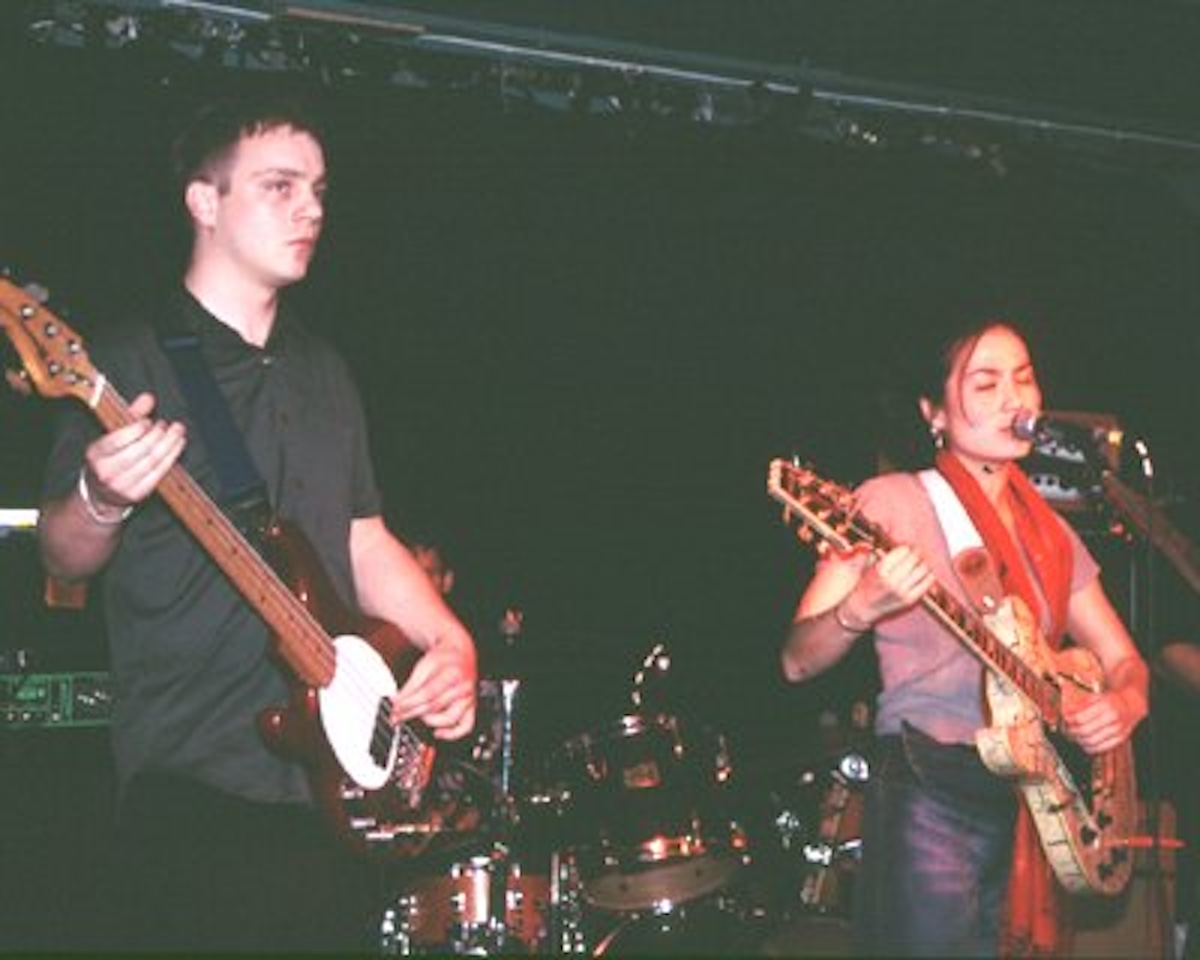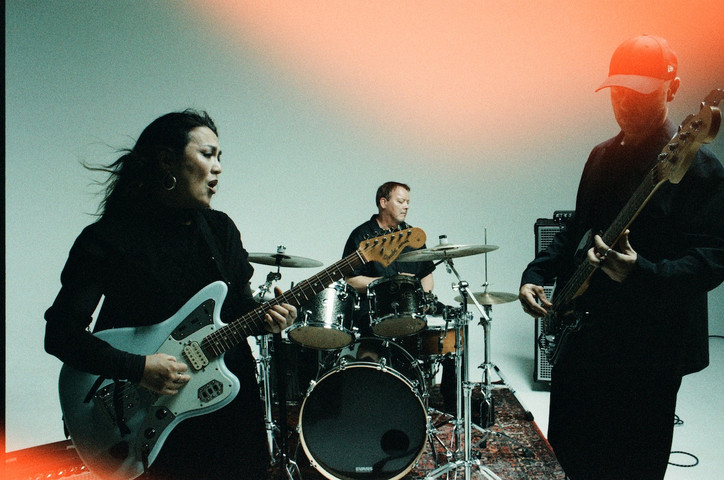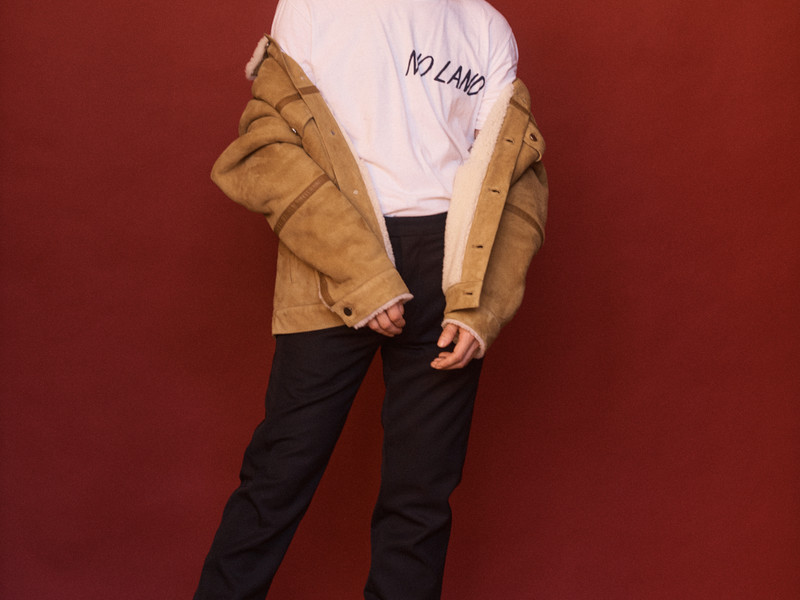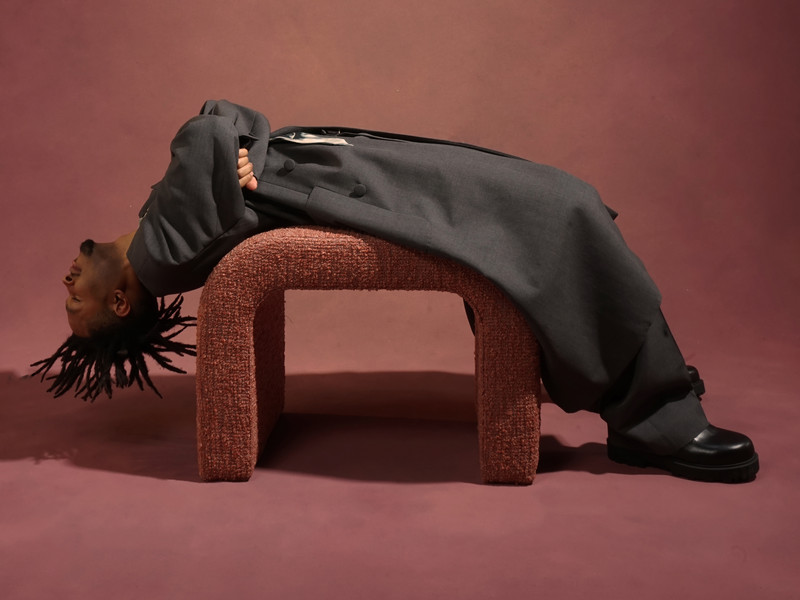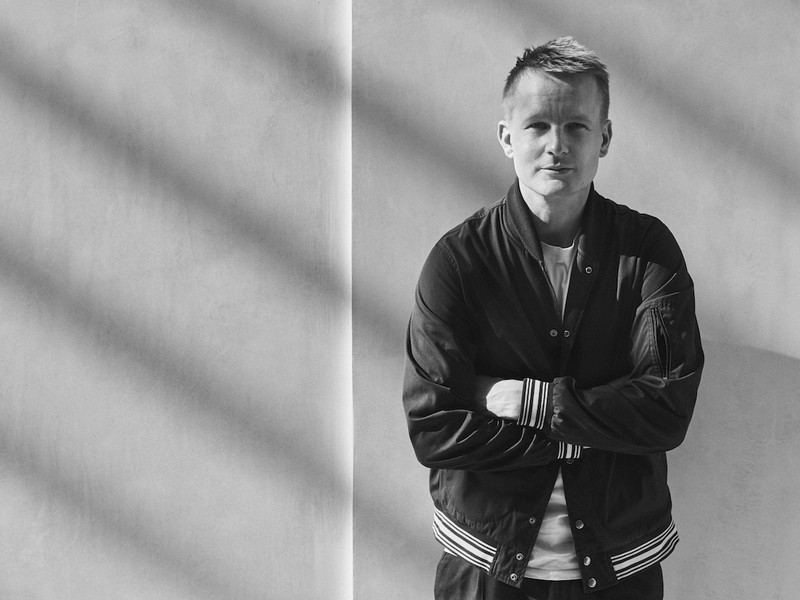Masego’s Deeper Purpose

office sat down with the soulful musician between U.S. headline tour dates to discuss his latest album and what’s next on his journey.
When did you initially start getting into music and what got you into both singing and playing instruments?
I got into music when I was eight. I had a bit of a church upbringing and I feel like when you observe the musicians at church, you start to gravitate toward that community and I just wanted to be a part of that passionate community of musicians.
I imagine that is such a great community to introduce you to music. Did you start singing first or did you start playing instruments first?
I started playing the drums first, then I got to the piano and the sax, and then singing was last.
And I love how you bring that all together now with your sound. I know that in the early days of releasing music, you were doing SoundCloud releases and now years down the line, you're selling out headline tours. If you could go back and give your old self some advice, what would you tell him? Do you think that he would be proud of you now to see all the things that you're doing now?
I would probably tell myself to practice more. I think I used a little bit of time to practice back then, but I understand how important it really is today. On the note of pride, I feel like there are a lot of small wins in music and I've learned to celebrate those every step of the way. I was asking in an interview yesterday what my first ‘felt famous moment’ was. And I was saying 'Love Be Like,' which is a song from SoundCloud — and that's when I felt famous. But then, of course, it gets outdone by 'Girls Who Dance' or 'Tadow,' but I'm still thankful for all those small wins. So yeah, I definitely feel proud. But I definitely should have practiced more.
After the traction that occurred on SoundCloud, your debut project cemented your sound, which you've labeled “TrapHouseJazz.” You really created and continue to maintain your own lane. Is that something that's essential to you in your music-making process? Do you appreciate sounds or the types of music that can't truly be boxed into one category?
Yeah, I feel like TrapHouseJazz represents an approach to music and a lot of genre-combining elements. And I think it's all about showing people that there are different types of music around the world and there's a throughline in those sounds. A lot of it originates from Black culture. I have such a deep root in Caribbean culture and African culture and that's some of the stuff that I use to kind of bridge the gap between all these different genres and countries. So Traphousejazz represented that from the get-go.
You bring together so many different elements based on your upbringing, different things you're inspired by, and such. I know you also recently released a new self-titled album, and you've been revered for your ability to shapeshift sonically. This body of work displays that same dynamic craft, but it's been a little more precisely fine-tuned. In what ways is this most recent project a symbol of your evolution through time as an artist but also just as a person?
I think this one's about the narrative and the songwriting, first and foremost. So I think the vulnerability on this album is what makes it different from the other body’s work I'm known for. It kind of speaks to bringing all of the different elements of Masego together and, again, telling that story that can make sense of the many influences and I guess just the many ways that I've been understood by my audiences.
I want to get into the specifics of the album. Do you have a favorite track from it or a story that goes along with that? And as a follow-up, how do you want that track to make listeners feel when they hear it?
I like ‘Black Anime’ — both literally and metaphorically. I think that song is the best intro for that story because of the whimsical, dreamlike element of the album. And just my thought process and my approach. I just feel like there's not enough Black anime, but there's such an inspirational aspect about seeing different shades, different environments, and different architectures created through that canvas and that medium. And I feel the same way that it's rare to see Black African-American anime, it's rare to see a saxophone player playing with the instrumentation that I do. My approach to jazz is really this outlier type of approach. And so when people hear that, it's storytelling, it's whimsical, it has all those magical elements that I want people to feel.
Totally. That ties really neatly into what I wanted to speak about next, which is inspiration. I know that anime is a really big source of creative inspiration for you. You've discussed the fact that Miyazaki is your favorite director when it comes to anime and that entire culture inspires your craft heavily. What would an anime about you be called and what would the plot entail?
I don't know the name yet, but I know it would definitely be about the almost supernatural elements of sound and music. Maybe similar to how My Hero Academia normalized superpowers being in regular society. I would take the same approach to musical instruments, probably. And the name, I think it would come randomly.
Would you rather be a villain or the quintessential hero?
I'd rather be the villain. Because I think it's all about perspective. Most villains think they are the hero, so I'd prefer that.
Along with being an anime fan, something else that I picked up through research on you is that you are also a Gemini. Does that inform your music or your creative tendencies in any distinct ways?
I think there's a similarity between a lot of Geminis, you know, Tupac, Biggie, Andre, Prince Kendrick. There's a lot of creativity in us. A lot of duality. A lot of eclectic-ness. So I fall in line with that, for sure.
I think your sound is really colorful. It kind of conjures so many diverse images and I feel like your fashion tendencies sometimes reflect that. How would you describe your personal style? And in what ways do you feel like the things you wear help bolster the message that you want to send through your music?
I think my style is just Afro-Caribbean. I take a lot of pride in showing people that any high-end luxury brand that you like, you can trace back to what African tribe or print they got it from. And I just go back to the source and just wear that, you know what I mean? Like literally anything that somebody thinks is cool came from Africa in some way. So Afro-Caribbean — I'm Jamaican — and I feel like Jamaicans historically are West Africans. And so it all comes back to that same source of cool. I like doing that. And I feel like when you put on clothes, you allow yourself to embrace whatever the spirit of those threads and materials are, and I just let that happen.
And I feel like it creates this throughline in connection to your sound as well. Some of your songs like 'Yams' and 'Tadow' have also taken the internet by storm. This is something that I've been interested in hearing artists' perspectives on, especially with the current way that the music industry is evolving. How do you navigate this modern music realm, which now is often motivated by social media and the internet? Do you feel like social media has been beneficial to your craft?
For sure. You know, social media is a wild west that always allows you to be impressed by what people gravitate to in droves. You can't really predict what people will choose or what will kind of catch a trend. And I think that element sort of levels out the playing field in a way. It played a big role in my career, especially because I came up on the internet, so I'm not a stranger to it. I've been on all the platforms and done all the things. So I think it's good to sow a lot of seeds into those platforms and then reap something later on.
It definitely creates this whole world of allowing people to access things that maybe they wouldn't have come across on their own. You've amassed Grammy nominations, you've produced for Drake, and you started your own cafe business in Brazil. Can you tell me a little bit more about that business and the process of starting that and what that means to you?
I'm all about community and I think there are certain locations that garner a great community. There are barbershops, there are restaurants, there are parks and things of that nature. So I'm working on a space that is a cafe to be one of those community hubs. So, of course, granting healthy food to the community, but creating a place for black people to meet up and give access in a place that doesn't give access to people of color in that way. It just is what it is. And in America, we hide it really cute, but overseas it's very apparent who's doing better in life. And I want to kind of balance that out a little bit because they've affected me a lot and there's a lot of Jamaicans and culture that I'm very familiar with in Brazil. So I just like being out there, from that perspective. And it's very black. Salvador Bay is very black and I like to be around black places.
That's a really compassionate outlook to have — and now you get to create that community for other people. I think it adds another element to your artistry as well. There is a consistency that I'm starting to see between the community you create in your music and the community you aim to create even outside of that. On that note, there are so many things that you've gotten to do with the platform that you now have. Are there any other things that you hope to accomplish in the coming years that maybe you haven't?
I just want to be a better leader for my team, that's all. Because I think the wins feel even better when the journey is smooth. And I think it comes back down to me — if I'm good to go in every aspect from my intellect to my health, I think everybody around me is going to love that. And so I'm just working on myself so I can make sure people around me are doing well.
